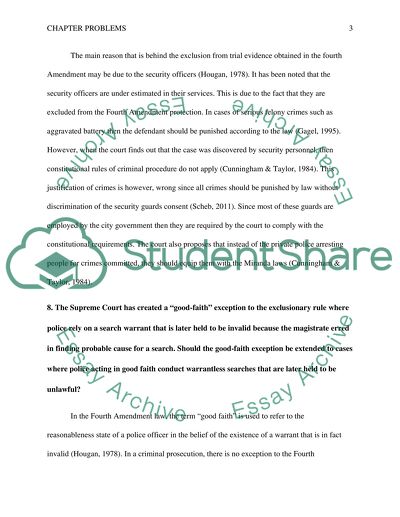Cite this document
(“Chapter Problems Assignment Example | Topics and Well Written Essays - 1500 words”, n.d.)
Retrieved de https://studentshare.org/law/1446773-chapter-problems
Retrieved de https://studentshare.org/law/1446773-chapter-problems
(Chapter Problems Assignment Example | Topics and Well Written Essays - 1500 Words)
https://studentshare.org/law/1446773-chapter-problems.
https://studentshare.org/law/1446773-chapter-problems.
“Chapter Problems Assignment Example | Topics and Well Written Essays - 1500 Words”, n.d. https://studentshare.org/law/1446773-chapter-problems.


